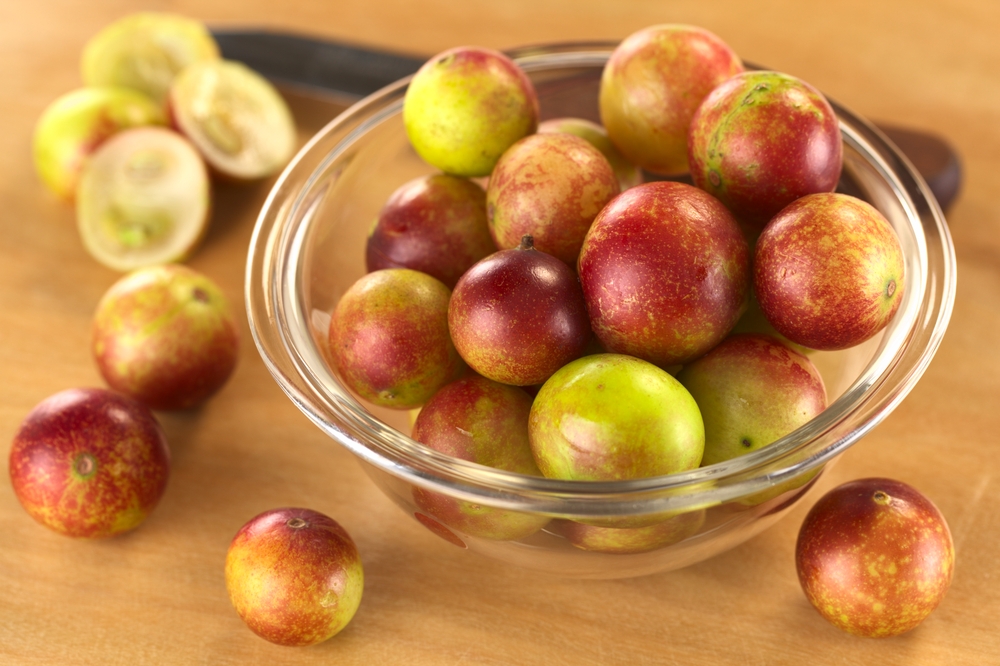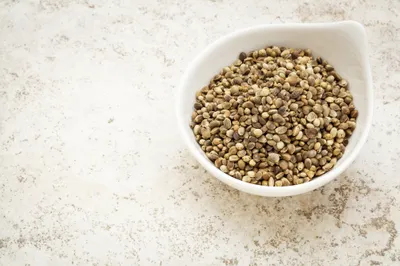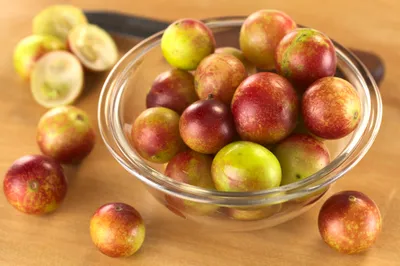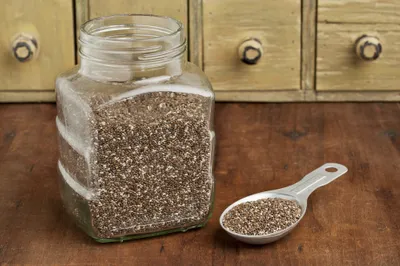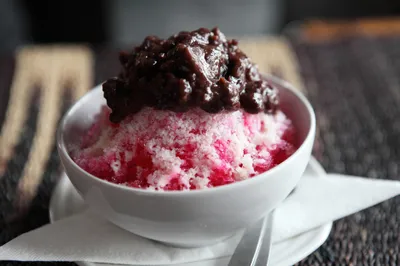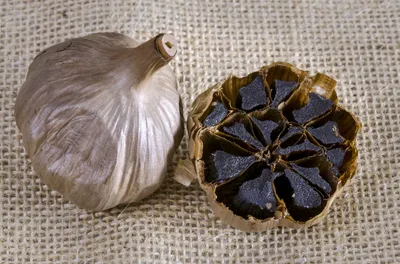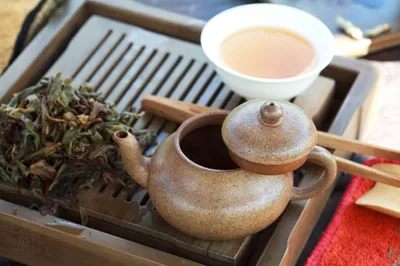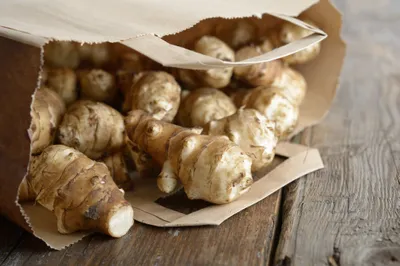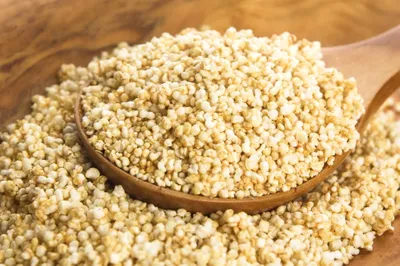You may not have ever heard of these eight newest and greatest super foods, but in 2014 you bet they’ll be getting a lot of buzz from nutritionists and health experts touting their various benefits.
So without further adieu, we’re happy to introduce the super health foods of 2014…
1. Hemp Seeds
Hemp seeds hold a bounty of essential nutrients—in fact, each nutty, soft-textured seed is rich in magnesium, potassium, iron, protein, and essential fatty acids like omega-3, -6 and -9. Sprinkled on oats, applesauce, yogurt, or whipped into a mean smoothie, a handful of hemp seeds will also satiated your appetite for much longer.
2. Camu Camu
No I didn’t repeat the name of this juicy tropical berry twice. However, you will want to scream its name from a palm-tree covered cliff when you find out that not only does it fight the signs of aging—crow’s feet, wrinkles, and dark spots…I’m looking at you—one serving delivers the single, highest amount of vitamin C in the world!
3. Chia Seeds
If a celebrity medical endorsement from Dr. Oz wasn’t enough to gain attention, chia seeds, are being touted as a fiber- and protein-rich super food that can be sprinkled on oats, into soups, or stirred into yogurt. Chia seeds don’t have much taste to them so they incorporate quite stealthily into foods for mega nutritional benefits.
4. Adzuki Beans
You might not believe that beans have a place in dessert, but if you just sampled a scoop of Japanese red bean ice cream, you’ve already wet your whistle for adzuki beans. This sweet, low calorie, protein-rich bean is lowest in fat compared to all other beans and legumes, and the sweetest thing about them is that you can make them into ice cream, pudding, and even pancakes.
5. Black Garlic
While the white stuff holds off vampires, it seems a single clove of black garlic (which is fermented white garlic) doubles in antioxidants during the fermentation process, which not only keeps cold and flues at bay, but is probably more potent against warding off evils of the night as well.
6. Kukicha Twig Tea
Green tea can move aside, the antioxidant rich brew has stolen the spotlight for far too long. And another tea has moved into town: kukicha twig tea. This polyphenol-rich (a source of antioxidants) might not sound appealing, but you just brew the actual twigs—you don’t need to eat them to benefit health wise. Plus, each cup has a smooth, subtle, smoky flavor that can be brewed and sipped hot or chilled an enjoyed cold.
7. Jerusalem Artichokes
Also adoringly dubbed “sunchokes,” these potato-shaped tubers known as the Jerusalem artichoke, deliver huge doses of fiber and vitamin B1 (thiamine)—both essential for metabolizing carbohydrates, digestion, and for powering your muscles and the central nervous system. But, little known fact, studies have linked foods high in thiamine, like sunchokes, to lessening PMS symptoms.
8. Amaranth
Also known as Kiwicha, or as some call it—quinoa’s little sister—amaranth seeds are easily sprinkled into cereal, oats, and smoothies to protect the heart and lowers LDL (bad cholesterol) and high blood pressure.
